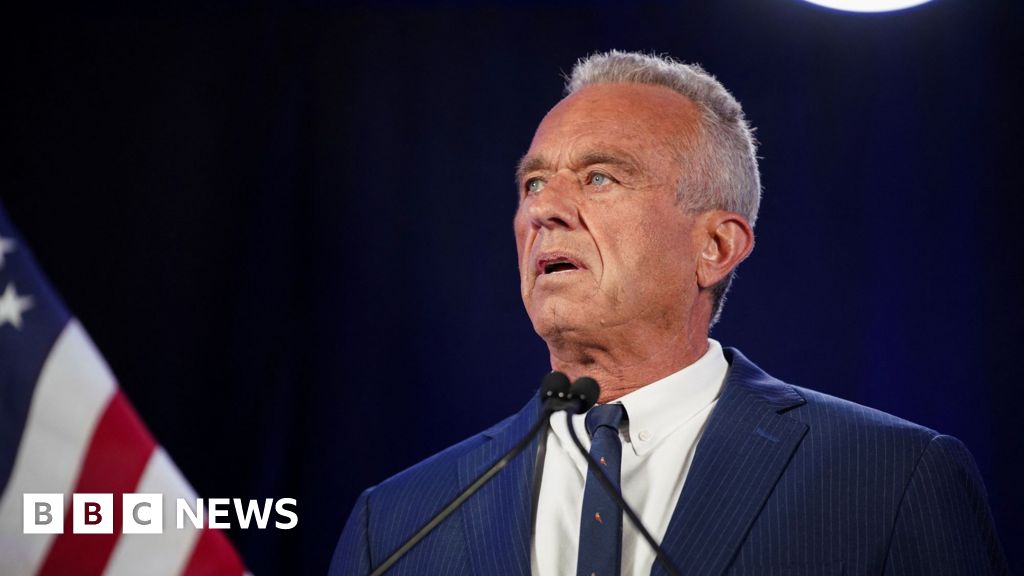Sure. It's well known that American organized labor isn't what it once was. Because of changes in how people socialize, there's far less meaningful interaction on the local level. Coworkers aren't really socially interlinked in a way that I think could be fairly compared to say, 1978. I conclude organized labor to be unlikely to return to that state, then, even if legislation were passed to remove some of the current handicaps.
What I'd like is for the state to act, where possible, in a way comparable to organized labor, if less local. Fundamentally, act more staunchly on behalf of workers interest. I think there's broad support for this, and unless people revert to past patterns of socialization, the state is really the only effective avenue available.
So why doesn't it happen?
You kinda touch upon it here, IMO. At the organic, base level, the people most interested in using the state in the manner described above are simultaneously those most focused on matters of social injustice, most interested in pushing that needle forward. Which is fine, ethically, but it does have the practical consequence of adopting social views almost certain to be decidedly in the minority, as the first to arrive at a conclusion almost always faces a hostile consensus against it.
In effect, this is where the battles are, and remain, while comparably, far less effort is put into workers interests, simultaneously to turning many favorable towards those against you.
What it would effectively look like is a reorientation of priorities within the Dems. Less social focus, more economic focus, and critically, an understanding that the economics are presently imperative amongst the base and rightly chief focus, rather than pursuing both simultaneously. I think Harris may hold similar views as I do, honestly. Her focus lately on economics, and hesitancy to embrace demands of advocates on matters like Israel, is honestly pretty wise, IMO. If politics is the art of the possible, economic progress is really where the present focus should be.


